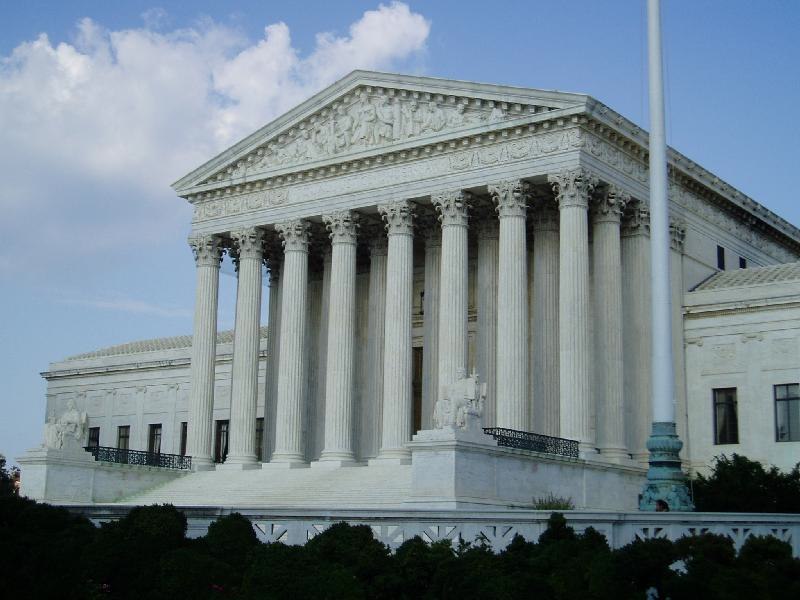Presidential candidate and U.S. Sen. Ted Cruz is weighing in on a court challenge before the nation’s highest court. Cruz has just signed onto an amicus brief supporting the legal challenge to President Obama’s executive action on immigration.
The challenge, led by the state of Texas, has been brought by 26 states, who claim that the president overstepped his bounds by extending “protection from deportation” to millions of undocumented immigrants. At stake are some profound issues involving not just the limits of presidential power but federalism itself, including the basic right of states to challenge federal immigration policies.
Given the math on the bench at the moment, some longtime court watchers say the President’s deportation delay appears doomed. Oral arguments will be heard April 18, but folks are already taking bets on how the justices will vote.
Lydia Wheeler, reporter for DC newspaper The Hill, says court-watchers are saying the justices could be split.
“They haven’t granted as many cases as they usually do at this time,” she says. “That could signal that they are having a hard time coming to consensus on a number of issues.”
Wheeler says a 4-4 split would send the case back to the lower district court to be argued on its merits. That means the next president would make a decision on whether to continue pursuing the case.
“That legal process could be months,” she says, “and then stretch into a new administration…. These immigration actions could be dead in the water entirely.”
The Supreme Court doesn’t typically hear cases on preliminary injunctions. Wheeler says several groups are hoping the SCOTUS won’t hear the case, leaving it to lower courts to decide.
“They’ve written amicus briefs basically in support of neither party,” she says, “saying, Hey Court, you’ve overstepped here. You need to just dismiss this case and let this be fought out in the lower district court on the merits.”
Others have pointed to the Court’s request to both parties to argue a different question in their briefs – in this case, the question whether the immigration programs violate the “take care” clause in Article 2 of the Constitution, that mandates the President see to it that laws are faithfully executed.
“That could be a signal that they’re really gung-ho and dead set on deciding this case,” she says. “Whenever they go back and ask for an additional question that wasn’t originally asked to be argued about or decided – that’s usually a signal that they’re really trying to settle this case.”















